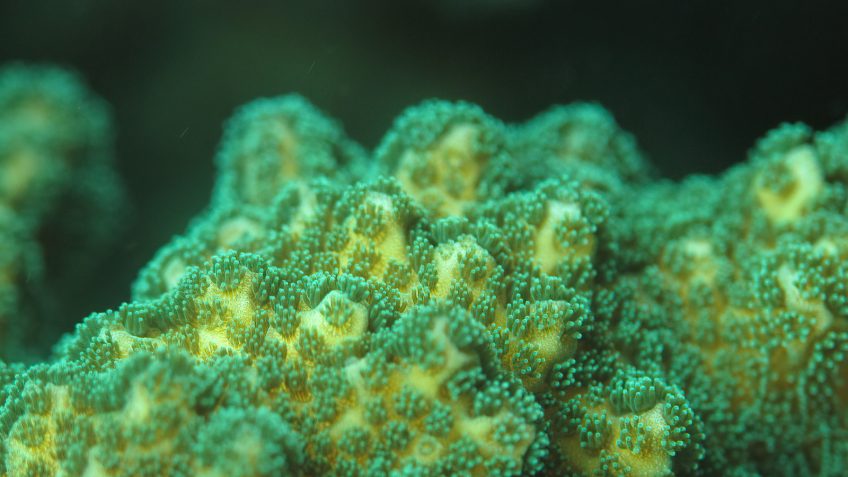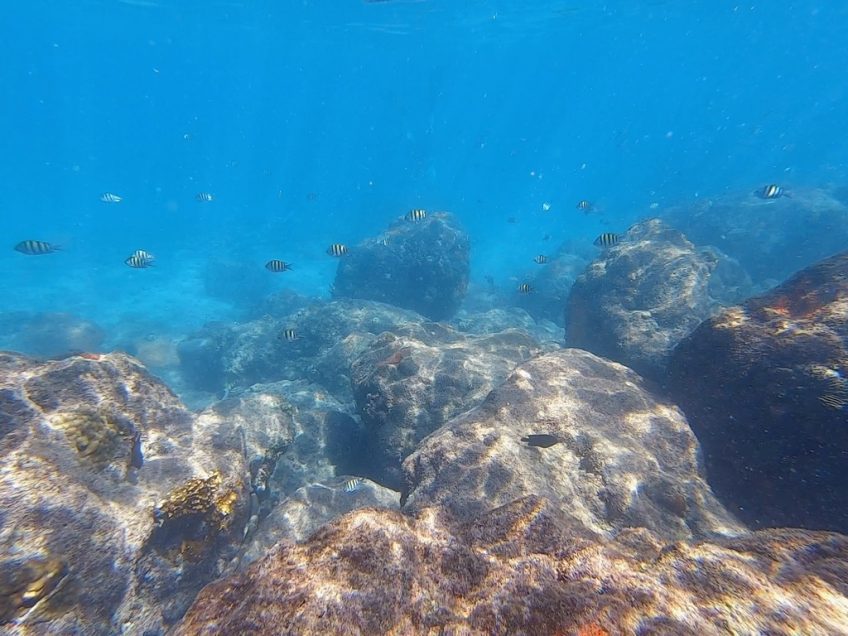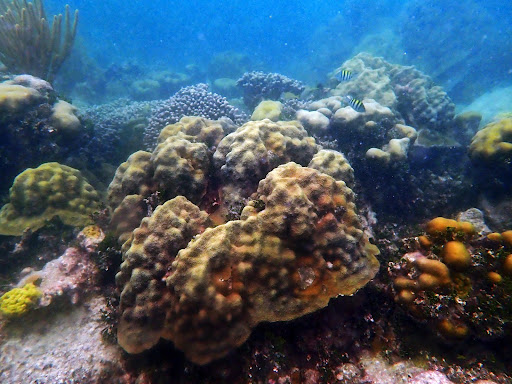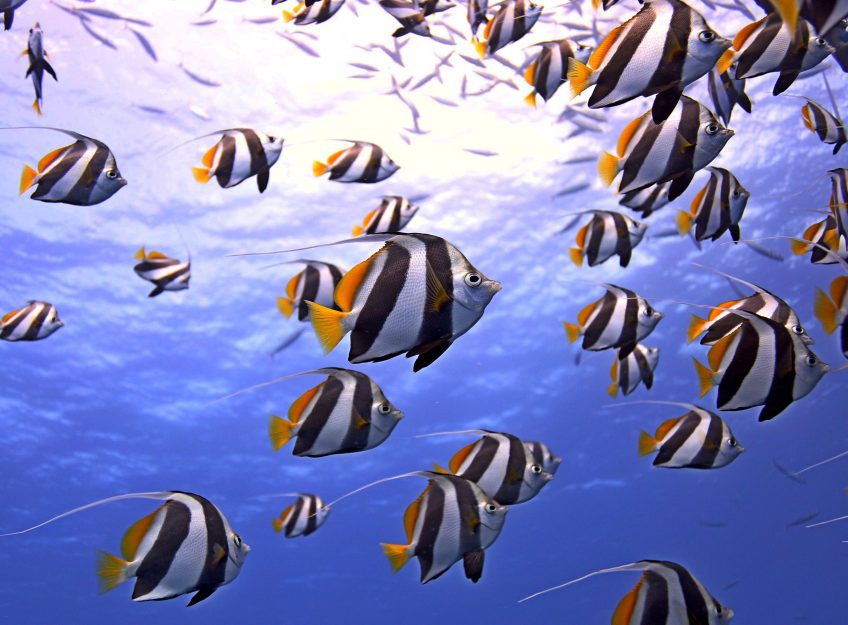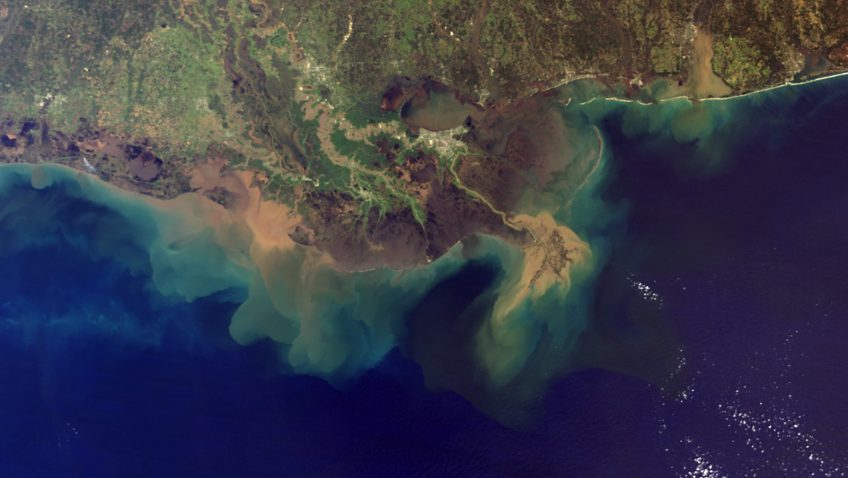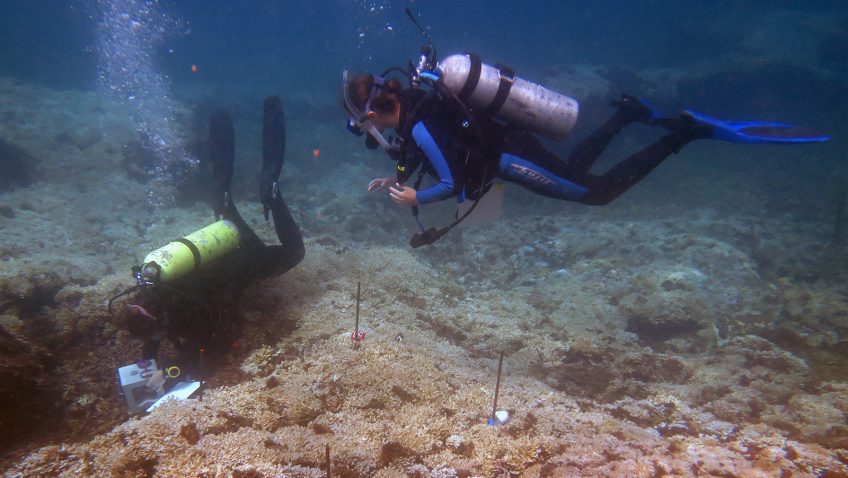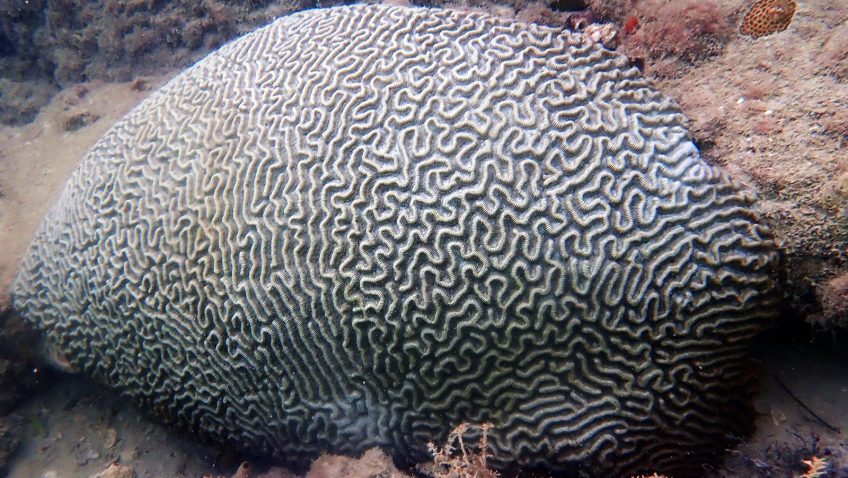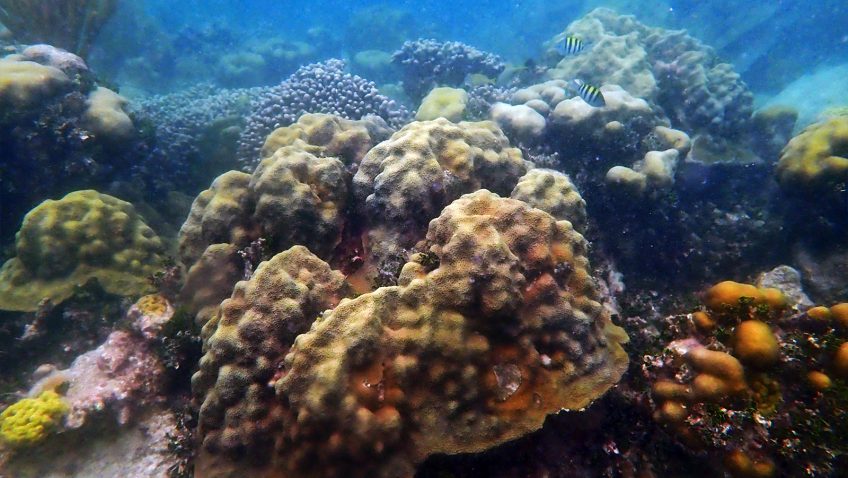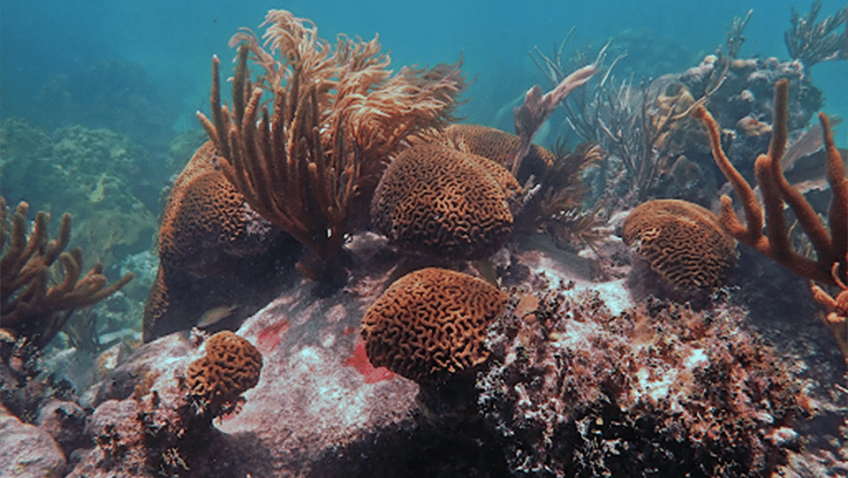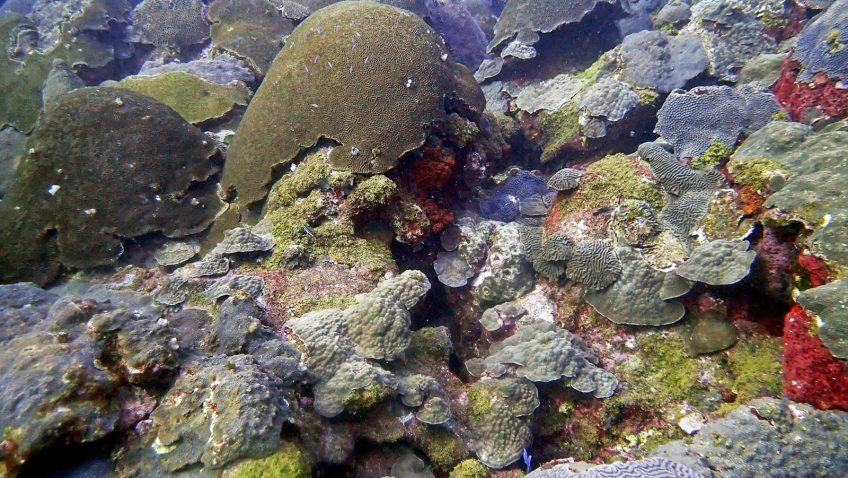Four decades of coral research lead to an exciting discovery for tropical pacific corals
A heat-tolerant algae found in some tropical Pacific corals can make reefs more resilient to heatwave events, according to a new study in the Proceedings of the National Academy of Sciences. Researchers with University of Miami’s Cooperative Institute for Marine and Atmospheric Studies (UM-CIMAS) and NOAA’s Atlantic Oceanographic and Meteorological Laboratory (AOML) examined four decades of temperature, coral cover, bleaching, mortality data from three mass bleaching events, and symbiont community data from the last two, to find that a symbiont algae helped corals better tolerate heat stress, increasing their resilience to warming ocean temperatures.
